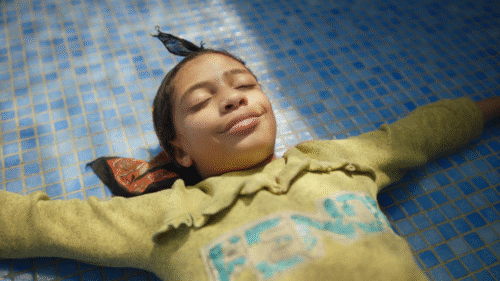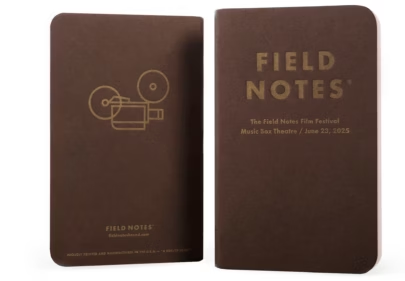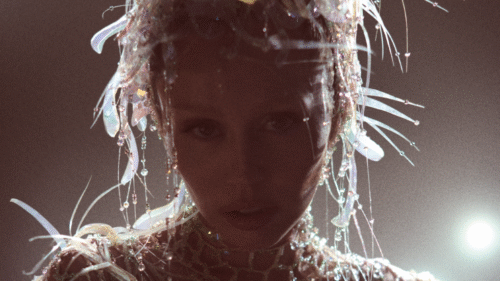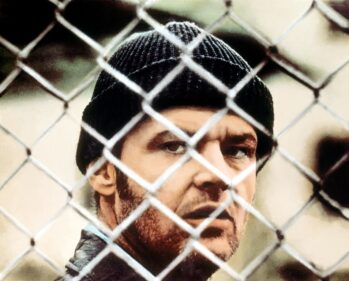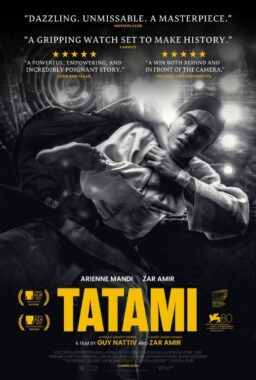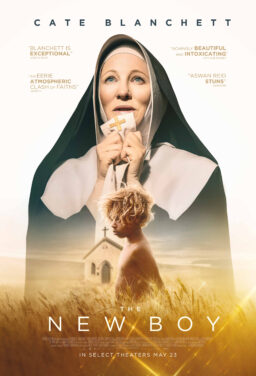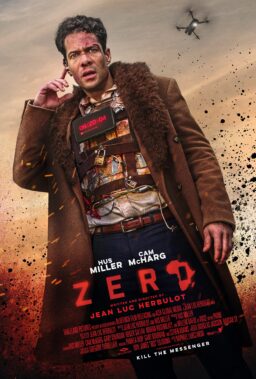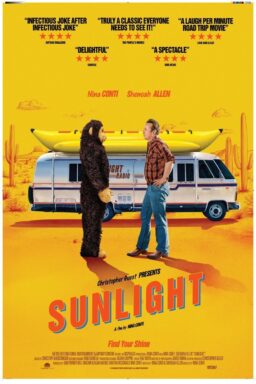TORONTO — I walk out of the Uptown and there’s a TV crew on the sidewalk, and although they are no doubt hoping for Parker Posey, they ask me a question, anyway: “What do you look for in a festival film?” I say I’m not really looking for anything in particular, blah, blah, but for some reason the question reverberates all day.
What do I look for?
1. I look for a film that is trying to find a new way to use old materials that wants to reshape the world into the form of the filmmaker’s dream.
Consider “Keep The River On Your Right: A Modern Cannibal Tale.” This is a documentary I saw at the end of a very, very long day, and I even dozed off once but I was interested even while I slept, if you know what I mean. It is about the life of an 80-year-old gay Jewish man named Tobias Schneebaum, whose age and sexuality and Jewishness are all part of the story. Ostensibly, it is about his adventures over half a century as a popular anthropologist who walked into the rain forests of Peru and New Guinea and lived with the tribes he found there, becoming accepted as a brother and lover, and in one case going along on a raid that led to cannibalism. Yes, he ate human flesh.
In tapes of old talk shows, promoting his books, he tells Mike Douglas or Charlie Rose what the flesh tasted like, and that bisexuality is common in primitive societies. In new footage, the documentary retraces his steps, and he meets a former lover in New Guinea and returns to the ancient ruins of Peru. But as he talks during this footage, we realize that the movie isn’t about his travels and isn’t about cannibalism and isn’t even about how he walked all alone into the jungle in tennis shoes and depended for his survival on the kindness of strangers. It is about the wisdom and acceptance that comes with age. Tobias Schneebaum has manifestly become a contented man, whose memories assure him he did not lead an empty life.
2. I look for a film that is about the textures of particular people and cares about who they really are, instead of plugging actors into ready-made templates.
Consider Ang Lee’s “Crouching Tiger, Hidden Dragon” and E. Elias Merhige’s “Shadow Of The Vampire.” Both deal with genres- martial arts and vampire movies. Both say the same thing: Our imaginations are ruled by archetypes, but we have free will and need not follow the rules. Lee’s film is about a girl who is destined for marriage and a predictable life, and who finds a destiny that is wildly romantic and daring. Merhige’s film is not about how vampires suck the blood of their victims, but about how movies suck the blood of their makers; it is based on the filming of Murnau’s great silent film “Nosferatu,” which created the vampire genre, and today seems uncannily real as if it were about the real vampire who inspired all the other ones.
3. I look for films that use genres as the canvas, not the purpose.
Consider Ed Harris’ “Pollock” and Stephen Daldry’s “Billy Elliot.” The first is about an artist who cannot drink, but does, and in the process, tortures himself and his loved ones. The second is about a working-class boy in a British mining town, who decides he wants to be a ballet dancer, and after a rocky patch finds that his rough-edged dad and brother will support him.
The lesson, I think, is that if art is not fun and does not give you pleasure, if there is no joy in its creation, it is not worth doing. Jackson Pollock created paintings that sell for millions, but why would anyone who knows about their making want to look at one? No matter how good you think a Pollock painting is, you must always wonder what he could have accomplished if he had been blessed with joy. That lesson is explained in “Billy Elliott,” in a remarkable scene where the young boy, who thinks he has failed his audition, tries to tell the judges how happy he feels when he dances.
Pollock’s marriage is a hell for Lee Krasner, his wife, who believes in his talent but despairs of his suffering. He lies, insults, alienates, cheats, and then suffers through agonies of remorse, knowing that alcohol triggers his demons and drinking anyway maybe because he wants to hurt himself and (unforgivably) others. Billy Elliott’s rough-edged father and brother know nothing about ballet, but when the father sees that dancing makes his son joyous, he supports him, and then the boy’s art brings joy to his family.
4. I look for movies that contain wisdom about life. Not a “message” so much as a demonstration of what works and what doesn’t work for people.
Consider Roy Anderson’s “Songs From The Second Floor.” It is utterly, bafflingly, mysterious. It comes from another planet, which happens to be located on our own. It is about the sad and bewildered citizens of a gloomy, doomy city, who blunder their way through one embarrassing and inexplicable event after another. If Bunuel and Tati and Beckett and Buster Keaton and Werner Herzog had collaborated on a film, it would not look like this, but it would want to.
5. I look for a movie that makes me ask “What the hell was THAT about?” as long as I ask with a smile.

